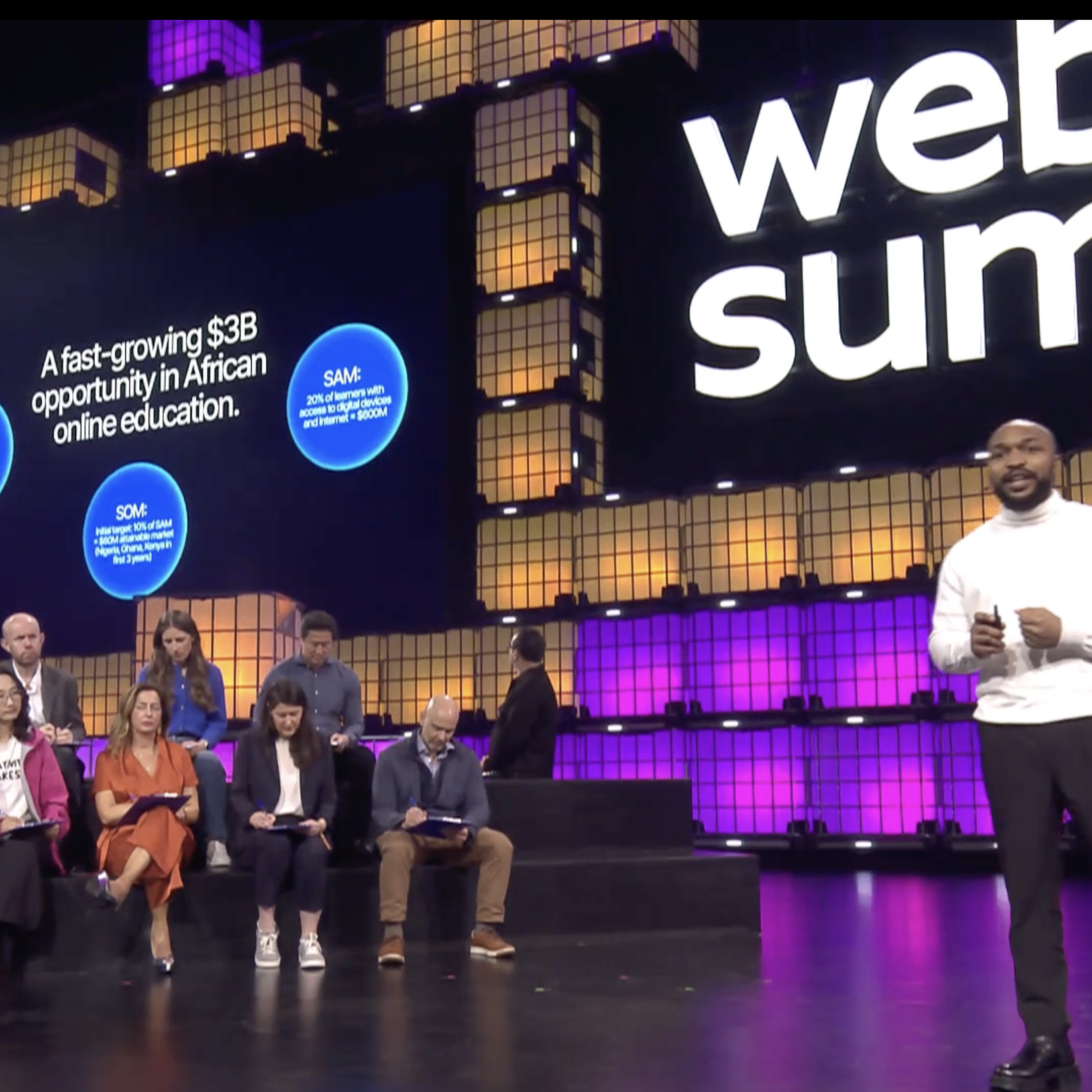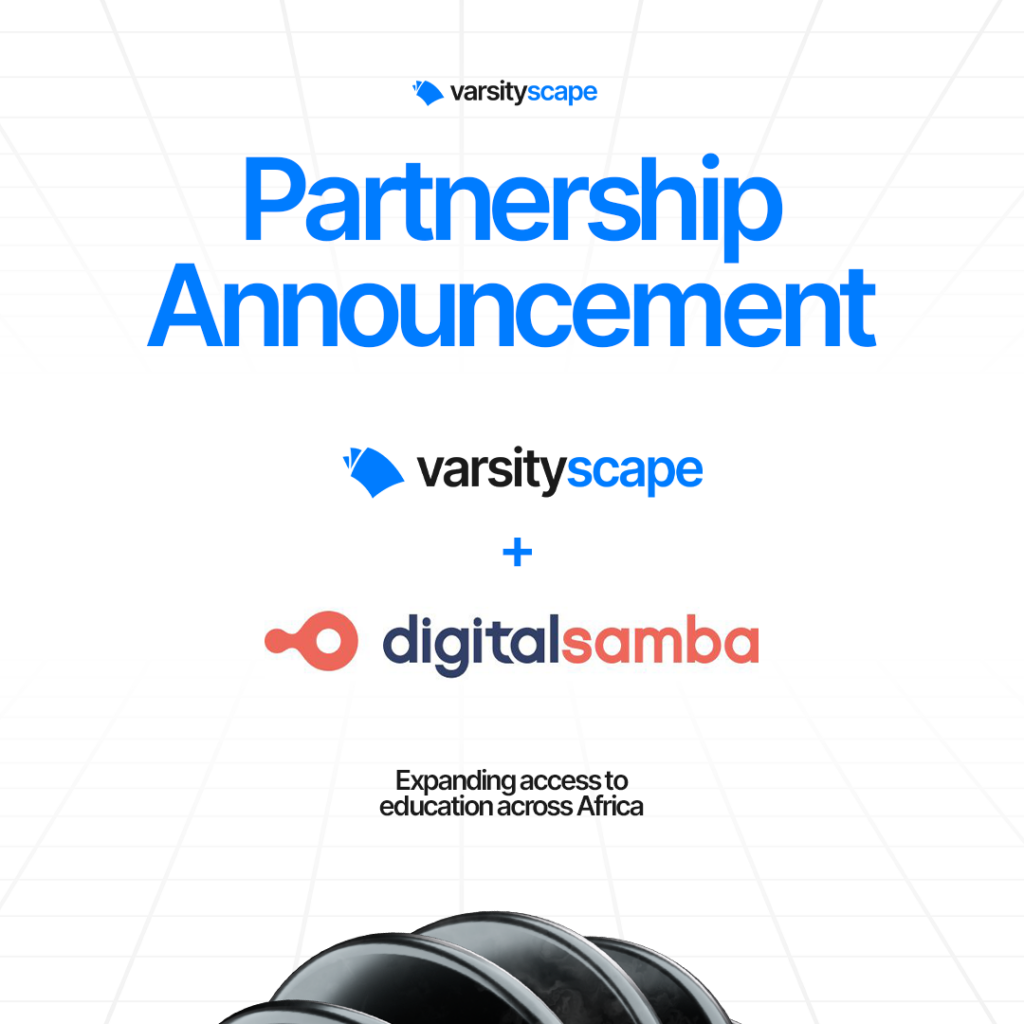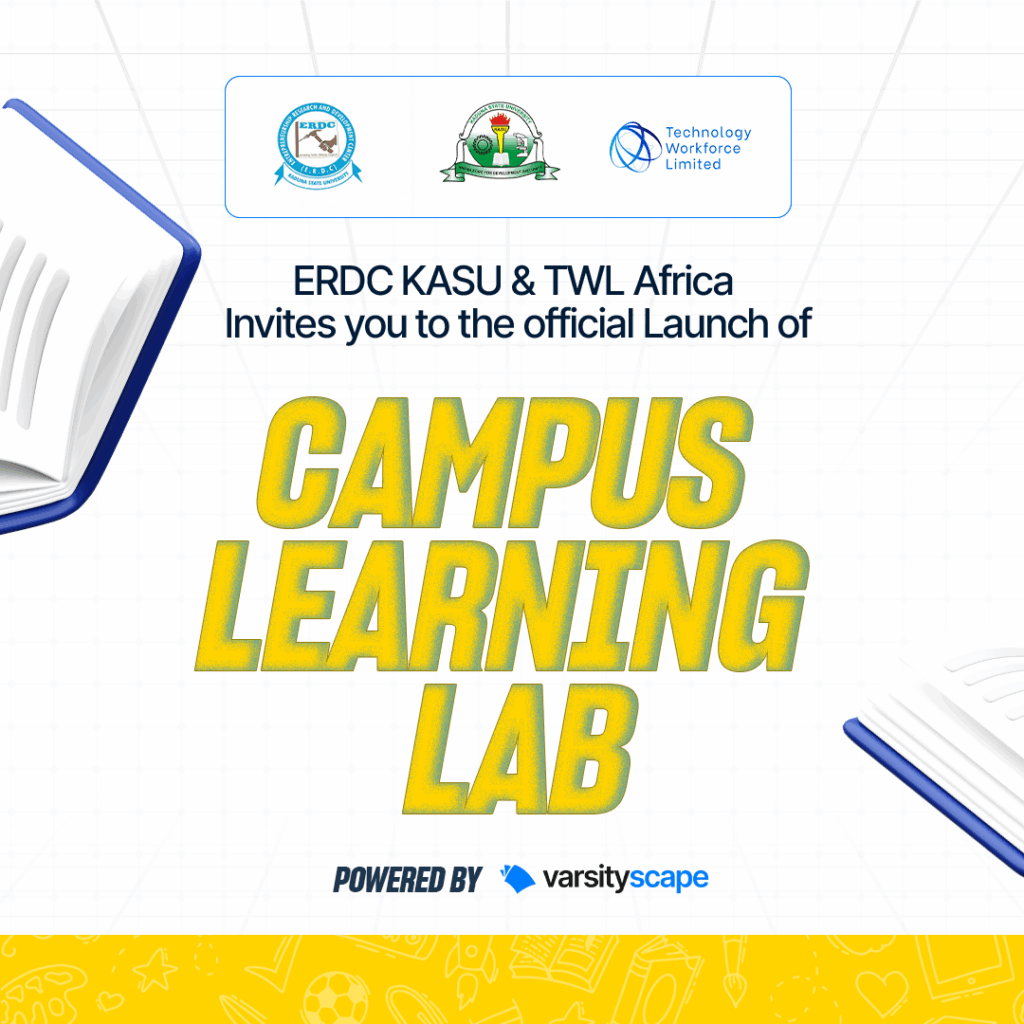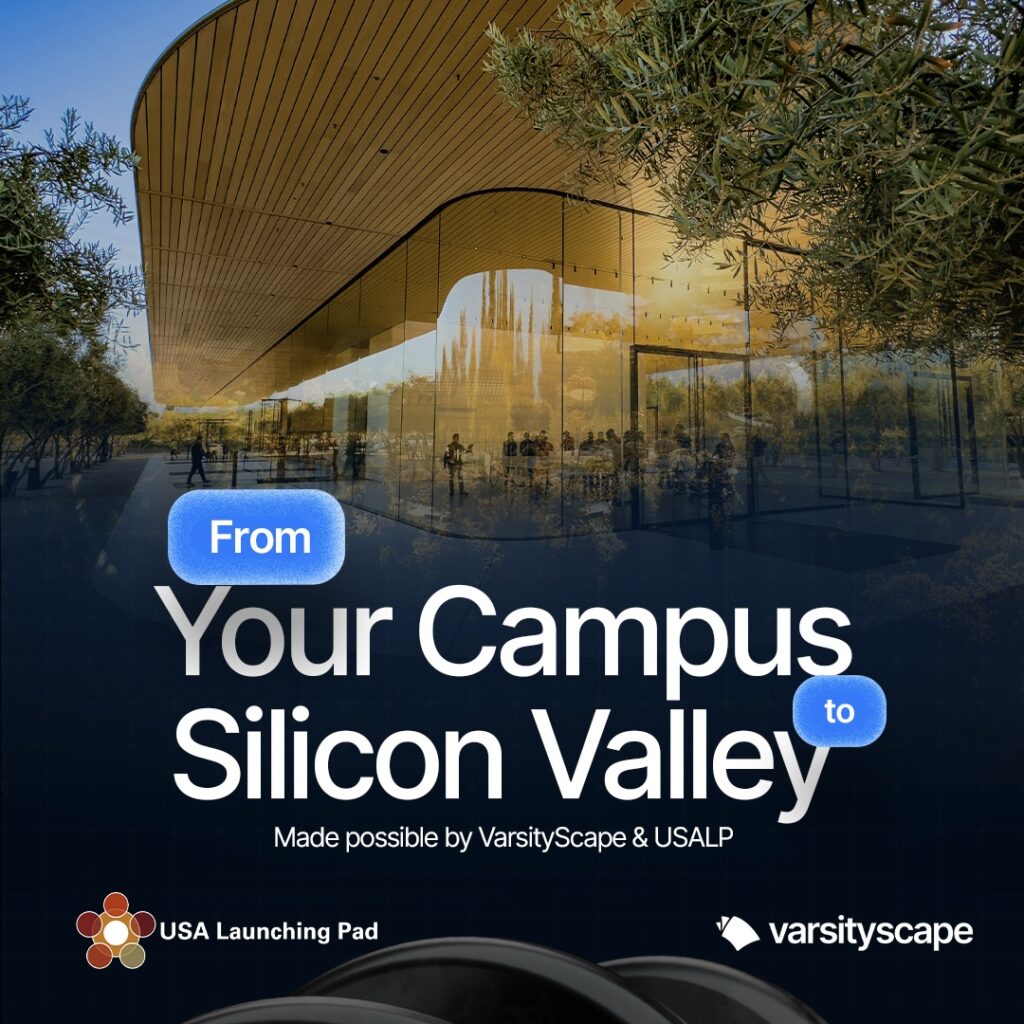An edtech win for everyone…
Nigeria’s fast growing edtech sector has recorded another global milestone as VarsityScape, a homegrown education technology startup, emerged second place at the 2025 Web Summit PITCH competition in Lisbon, Portugal, ahead of more than 2,700 startups from around the world.
Web Summit, regarded as one of the world’s largest technology gatherings, drew thousands of founders, investors and ecosystem leaders to Lisbon. Out of 2,725 startups in the programme, just over 100 were selected to pitch on the PITCH stage. From that group, only three made it to the final. VarsityScape stood on the podium alongside overall winner Granter and fellow runner-up SegmentStream.
VarsityScape represented the African edtech space with its AI-powered “Academy Operating System,” a platform that helps educators, organisations and universities launch and scale online academies without juggling multiple tools.

Speaking on the recognition, VarsityScape Founder and Chief Executive Officer, Daniel Idiare, described the result as a major signal that Africa’s education solutions? are attracting global attention.
“When we won second place, it was not just a win for the pitch. It was validation that our team (and our solution) is strong enough to operate globally,” he said.
“For us, it serves as global validation for a local problem. When you are trying to convince investors or Vice Chancellors to adopt a new way of thinking, third-party recognition helps immensely. It signals that the problem we are solving, the massive supply-demand gap in African education, is recognised globally as a critical issue. It proves that VarsityScape is not just a local project. It is a globally competitive solution to an education crisis.”
The problem that must be solved
VarsityScape was built in response to a stubborn problem that has defined higher education in Nigeria and many African countries for decades. Each year, more than a million young Nigerians apply for university admission, but only a fraction secure places due to limited physical capacity in existing institutions.

“In Nigeria alone, millions of students sit for university admission every year. Hundreds of thousands are turned away, not because they are not capable, but because there is no space,” said Co-Founder and Chief Operating Officer of VarsityScape, Grace Idiare.
“You cannot fix that gap by adding a few more lecture halls. You close it when you change the architecture of education itself across Africa. That is what we are building VarsityScape for.”
Unlike traditional Learning Management Systems that mainly host content, VarsityScape offers an all-in-one infrastructure for live, cohort-based academies. On the platform, institutions and expert educators can manage live classes, on-demand content, assessments, payments, analytics and learner communities in a single environment. AI-powered tools also help instructors design content, personalise learning and monitor engagement.
“Our goal is simple,” Grace explained. “We want any educator or institution to go from idea to a full academy without losing time, money or energy wrestling with fragmented tools. Not just a course, but an actual academy with structure, community and clear outcomes.”

What’s next after this?
VarsityScape’s performance in Lisbon has already started to open doors. The company is leveraging the visibility from Web Summit to deepen conversations with African universities, investors and international partners who are looking for scalable ways to expand access to quality education.
According to Daniel, the recognition helps shift how African education innovation is perceived.
“Sometimes people assume that solutions built here are only good enough for here,” he said. “What we saw at Web Summit shows the opposite. A model built to solve African education problems can stand beside the best in the world and still be recognised for its innovation.”
Grace echoed the sentiment, stressing the importance of representation on global stages.
“It was not just about us,” she said. “It was proof that African solutions, built to solve African problems, can compete globally. That matters when you are talking to a Vice Chancellor in Lagos or an investor in London. They want to know if what you are building can be relevant anywhere.”

VarsityScape is now focused on scaling its impact. The startup has set an ambitious target: to power more than 5,000 academies across Africa within the next three years and reach at least one million learners who may not have secured traditional university places.
These academies will cover high-growth sectors such as digital health, renewable energy, logistics, business, data, and creative industries, among others. The aim is to link learning directly to employable skills and new career pathways.
“Our mission is to make sure a young person in Kano, Kigali or Cape Coast can log into an academy on VarsityScape, access world-class training programs, and learn skills the world is ready to pay for,” Grace said. “If we do this right, we will not only reduce the pressure on physical universities. We will also build a workforce that can compete confidently on a global stage.”

Where global relevance translates to national impact
Industry watchers say VarsityScape’s showing at Web Summit is another sign that Nigerian startups are moving beyond local headlines to global relevance, especially in sectors like education, where the continent has clear, urgent needs.
For many in the ecosystem, the story is bigger than an award. It is about a Nigerian team using technology and data to rethink how education capacity is built, and getting the world to pay attention.
As VarsityScape returns from Lisbon with silver on the PITCH stage and fresh global visibility, the real test now will be at home.
How quickly can African universities, training institutions and education leaders plug into the “Academy Operating System” and maximise this solution to open doors for the millions of students who have been left outside the gates for too long?




